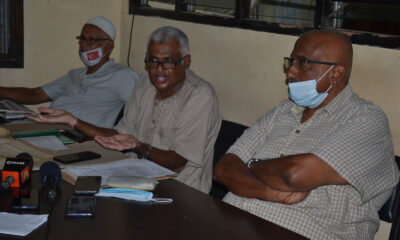

A family in Malindi is living in fear after a portion of their land was invaded and properties worth millions of shillings were destroyed. The famous...


A Malindi family accused of demolishing houses to evict squatters who had allegedly invaded part of their 300-acre parcel of land now claim that their lives...
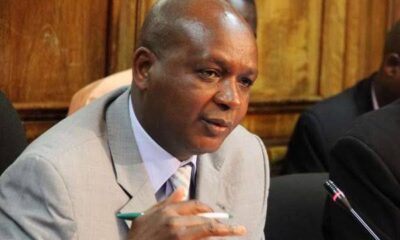

In March 2020, National Assembly House Speaker Justin Muturi had to cut short his statement to calm lawmakers who were chanting ‘Mbuno! Mbuno!’ bringing house business...


Individuals and businesses that defaulted on loans tapped from 27 collapsed banks like Chase, Imperial and Dubai Bank among other lenders put under liquidation since 1993....


“Due to new local regulations (mostly tax-related), we have recently stopped offering new sign-ups for a number of countries and Kenya is one of them,” That...
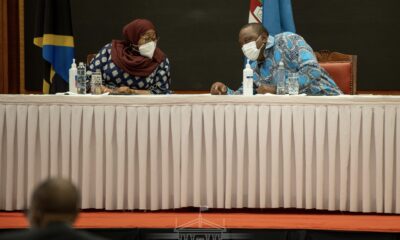

President Uhuru Kenyatta today announced a raft of incentives aimed at wooing Tanzanian investors to Kenya including the lifting of work permit and visa requirements. The...
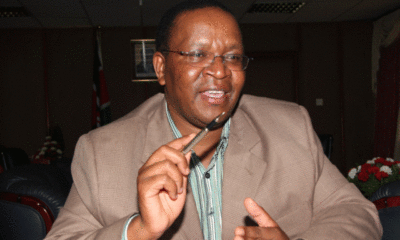

A parliamentary committee has been told a body chaired by Interior Permanent Secretary (PS) Karanja Kibicho is behind the irregular allocation of a Sh15 billion public...


Cable and internet suppliers are a prime example of companies that enjoy monopolies on their markets in many areas but with poor internet provisions and customer...


SEATTLE (AP) — Bill and Melinda Gates said Monday that they are divorcing but would keep working together at the Bill and Melinda Gates Foundation, one...


The large family of the late ex-cabinet minister Simeon Nyachae is fighting over the control of vast business empire the Gusii leader left behind. A section of...
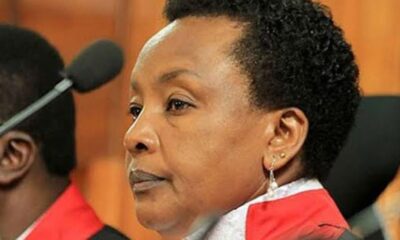

The incoming Chief Justice Martha Koome’s first assignment upon assuming office will be to overhaul the Supreme Court bench by executing the plot to kick out...
Regulatory filings in the United States show that Chinese nationals living in Kenya used seven planes to send Covid-19 personal protective equipment (PPE) back to China...


With parts of the world slowly but surely easing physical distance guidelines, it seems that a lot more people are getting frisky at home. Condom manufacturer...


Tanzania’s new President Samia Suluhu Hassan said on Saturday the government would reduce the income tax rate by 1 percentage point to 8%, in the 2021/22...


MultiChoice’s (MCGJ.J) online streaming platform Showmax is investing in producing its own local content for African audiences as it competes for their attention against Netflix on...
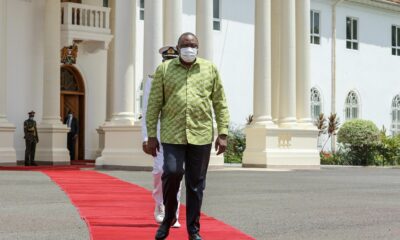

During his Labour Day address, President Uhuru delivered a highly anticipated reply to cries from many Kenyans on unlocking the country given the suffocating economy. Coming...


Former Tottenham Manager Jose Mourinho has spoken for the first time since he was sacked by the club last Monday after a 2-2 draw with Everton...


REUTERS: A forum of scientific advisers set up by the government warned Indian officials in early March of a new and more contagious variant of the...


The Kenya Revenue Authority (KRA) has unearthed a tax evasion scheme where unscrupulous persons use forged documents to facilitate foreign registered vehicles to operate in Kenya...